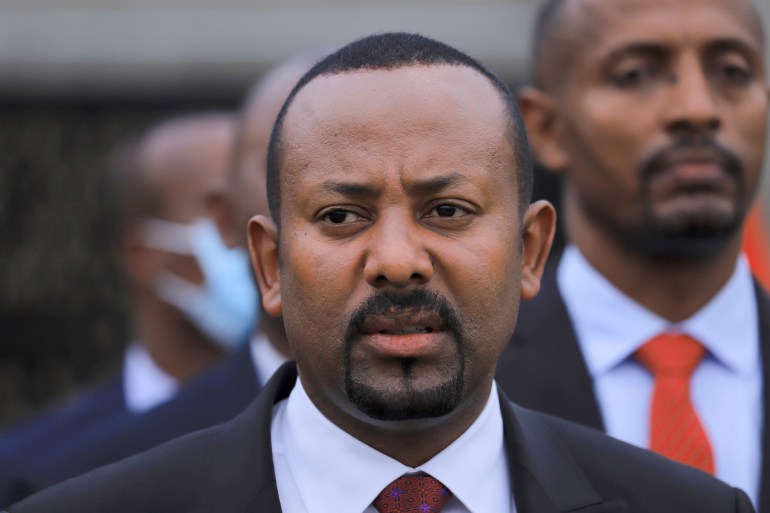Tree DNA helps convict Washington timber thief after fire
July 9, 2021
TACOMA, Wash. (AP) — A federal jury has convicted a timber thief who authorities said started a large forest fire in Washington state, a case that prosecutors said marked the first time tree DNA had been introduced in a federal trial.
The jury deliberated for about seven hours before convicting Justin Andrew Wilke, 39, on Thursday of conspiracy, theft of public property, depredation of public property, and trafficking and attempted trafficking in unlawfully harvested timber, the U.S. Attorney’s Office for Western Washington said in a news release.
The wood he sold to a mill in the city of Tumwater had been harvested from private property with a valid permit, Wilke said. But a research geneticist for the U.S. Forest Service, Richard Cronn, testified that the wood he sold genetically matched the remains of three poached trees.
Wilke used gasoline to destroy a wasp’s nest in the base of a maple tree he was stealing, prosecutors said, though jurors did not convict him of charges related to the fire. Some witnesses testified that, although Wilke was standing next to the nest when the fire began, they did not actually see his actions in the dark.
Wilke and others conducted an illegal logging operation in the Elk Lake area of the Olympic National Forest, near Hood Canal, between April and August 2018, according to records filed in the case. He poached maple trees prized as wood for musical instruments and brought them to lumber mills.
In July 2018, a man who had just been released from prison, Shawn Williams, joined the conspiracy; he pleaded guilty and was sentenced to more than two years in prison.
In August 2018, the group decided to cut the maple tree that had the wasp’s nest near the base, prosecutors said. The poachers sprayed insecticide and gasoline and then lit the nest on fire — starting a 5.2-square-mile (13.4-square-kilometer) wildfire that came to be dubbed the “Maple Fire,” according to authorities.
Firefighting efforts cost about $4.2 million.
Williams testified during the trial that it was Wilke who set the blaze, the U.S. Attorney’s Office said.
“When people steal trees from our public lands, they are stealing a beautiful and irreplaceable resource from all of us and from future generations,” Acting U.S. Attorney Tessa Gorman said in a news release. “That theft, coupled with the sheer destruction of the forest fire that resulted from this activity, warrants federal criminal prosecution.”
Wilke faces up to 10 years in prison when he is sentenced in October.











